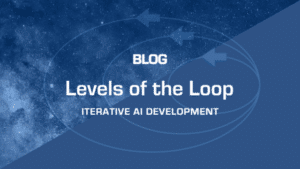A concept in logic and artificial intelligence that operates under the open-world assumption (OWA). The OWA is the assumption that the truth value of a statement may be true irrespective of whether or not it is known to be true. It is the opposite of the closed-world assumption, which holds that any statement that is true is also known to be true.
In a formal system of logic used for knowledge representation, the OWA codifies the informal notion that in general no single agent or observer has complete knowledge, and therefore cannot make the closed-world assumption. The OWA limits the kinds of inference and deductions an agent can make to those that follow from statements that are known to the agent to be true. In contrast, the closed-world assumption allows an agent to use the lack of knowledge that a statement is true, to infer that the statement is false.
For example, consider the statement: “Juan is a citizen of the USA.” Now, what if we were to ask “Is Juan a citizen of Colombia?” Under a closed-world assumption, the answer is no. Under the open-world assumption, it is “I don’t know”.
An open-world reasoner is a problem-solving system which can use opportunistic, cross-domain reasoning. An open-world reasoner can solve problems that would fail with a closed-world reasoner precisely because the former can use seemingly irrelevant information from other domains.
Semantic Web languages such as OWL make the open-world assumption. The absence of a particular statement within the web means, in principle, that the statement has not been made explicitly yet, irrespective of whether it would be true or not, and irrespective of whether we believe that it would be true or not. In essence, from the absence of a statement alone, a deductive reasoner cannot (and must not) infer that the statement is false.


